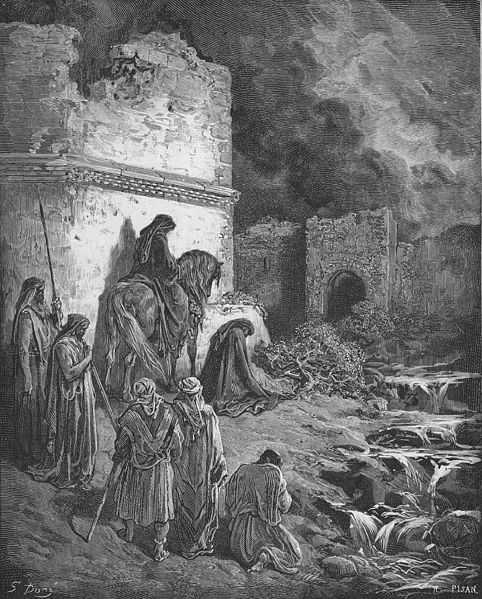I’m in a kind of a mood today.
In the last couple days the Minnesota House and the Senate, both with Democrat majorities, have passed a bill legalizing homosexual marriage, and about an hour and a half ago the governor signed it. August 1 it becomes law.
The prospect of being hanged in a fortnight, as Dr. Johnson noted, concentrates the mind wonderfully. And the prospect of my own eventual imprisonment for a hate crime also has the effect of focusing my own thoughts. A Christian ought to be dead to the world, prepared at all times to suffer for his faith. And it looks very much (at least to me) that such a time is coming.
If I’m being paranoid, I’m not the only one. My friend Mitch Berg of Shot In the Dark blog, a libertarian and no Bible thumper, addresses (among other points) the abysmal record of “freedom to marry” advocates in terms of spreading the freedom around in this post.
Chanting “The First Amendment protects religious expression!” is about like saying “the Second Amendment protects your right to keep and bear arms!” or “the Fourth Amendment protects you from unreasonable searches and seizures!” or “The Tenth Amendment reserves unenumerated rights to the States and People!”. All are true – provided you take them seriously enough to beat back ill-advised legal attacks on them.
So I’m contemplating how to prepare for persecution to come – not the metaphorical kind where we complain about people talking to us mean, but the kind where we actually get sent to prison for expressing our beliefs. Do I compose my soul to accept arrest and incarceration? Do I squirrel away portable wealth for a quick run for the border (I understand diamonds aren’t as useful as they once were)?
Or should I take the Lord literally when He says “Cast no thought upon the morrow?”
Must ponder.




